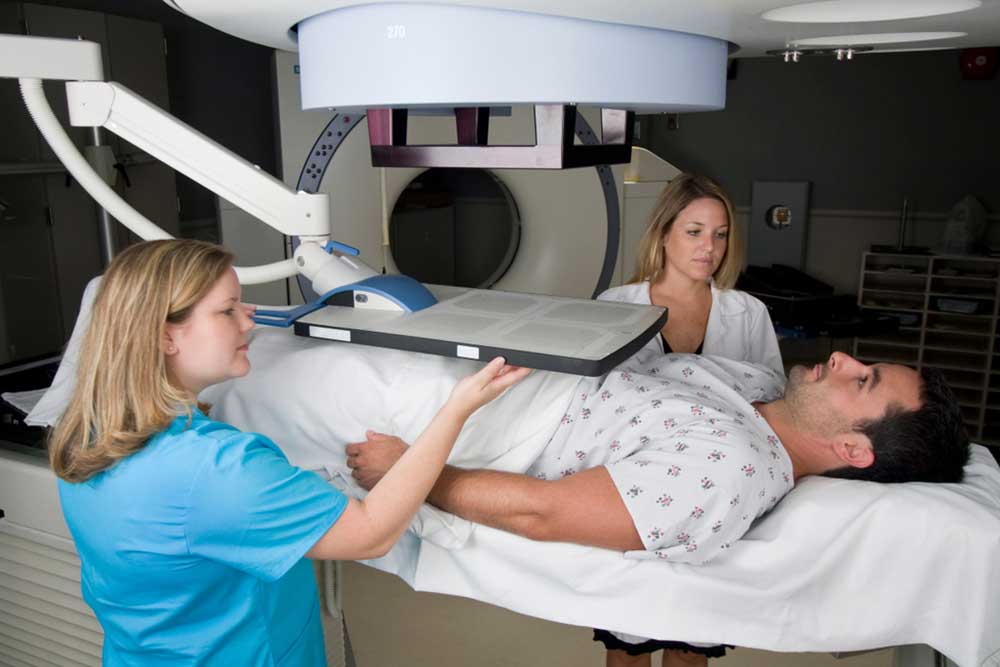Be on the Lookout for These Prostate Cancer Symptoms
Prostate cancer is the cancer that starts in the prostate gland and is one of the most common cancers in American men. Here is a list of the prostate cancer symptoms that you should be on the lookout for.
The prostate gland is the male sex gland that is responsible for producing the thick fluid that helps sperms propel out of the penis during sexual intercourse. It is almost the size of a walnut, and is located below the bladder, just in front of the rectum.

Prostate cancer is mainly diagnosed in older men, it is extremely rare for it to be diagnosed in men younger than 40 years of age. There are no known causes of prostate cancer, however, there are certain risk factors associated with it. These are your age, family history, ethnicity, diet, smoking, and obesity, exposure to toxins, vasectomy, and infections that are transmitted sexually. Even though the exact cause of this cancer is not known, you can still reduce the risk of developing it by managing the risk factors that are in your control.
There are two diagnostic tests that are commonly used for prostate cancer, digital rectal exam and ‘prostate-specific antigen’ or PSA blood test. These are just the initial tests, the diagnosis is confirmed by performing a biopsy and examining the prostate cells. The treatment of prostate cancer does not follow the premise ‘one size fits all’. There are different treatment options available, and the one that is ideal for you depends upon your age, your overall health, size of your tumor, and the stage of the cancer. Some of the treatment options available for prostate cancer are radiation therapy, surgery, chemotherapy, biologic therapy, and hormone therapy.
Prostate Cancer Symptoms
In its early stages, you may not notice any prostate cancer symptoms because this type of cancer grows very slowly. However, when this cancer advances it may cause several prostate cancer symptoms. These are:
- Prostate Cancer Symptoms Related to Urination
As the prostate gland is located just below the bladder, the advanced stage of prostate cancer may come along with numerous urinary symptoms. The prostate cancer may constrict your urethra, depending upon the location and the size of the tumor. Some of the urinary prostate cancer symptoms include
- Loss of control over the bladder
- Pain or a burning sensation during urination
- Presence of blood in your urine
- Difficulty in urinating
- Frequent urges to urinate at night
- Decreased flow of urine stream
- Other Prostate Cancer Symptoms
If your prostate cancer is at stage III or IV, it means that it has spread to the nearby tissues and organs. You may experience different symptoms depending upon which organs and tissues the cancer has spread to. If it spreads to the pelvic bones, it may cause problems such as bone pain. On the other hand, if it spreads to your spine, it may press on the nerves. Some of the other prostate cancer symptoms include
- Pain during ejaculation
- Swelling in the legs
- Blood in the semen
- Bone pain that may lead to fractures
- Numbness in the legs, hips, or feet
- Swelling in the pelvic area
- Erectile dysfunction or difficulty getting an erection
More often than not, these prostate cancer symptoms do not show up in the early stages of the cancer. Moreover, the prostate cancer symptoms may be different for different people or they may be caused by some other medical condition altogether. Therefore, it is important that you visit your doctor for routine screenings, which can either be in the form of a PSA test or a digital rectal exam. It is recommended that you must reach an informed decision along with your doctor about whether to go through the prostate cancer tests or not, when you are above 50 years of age. If you have one or more risk factors mentioned above, it is important that you take a doctor’s appointment earlier. After all, the first step towards creating your ideal treatment plan is an accurate and early diagnosis.




